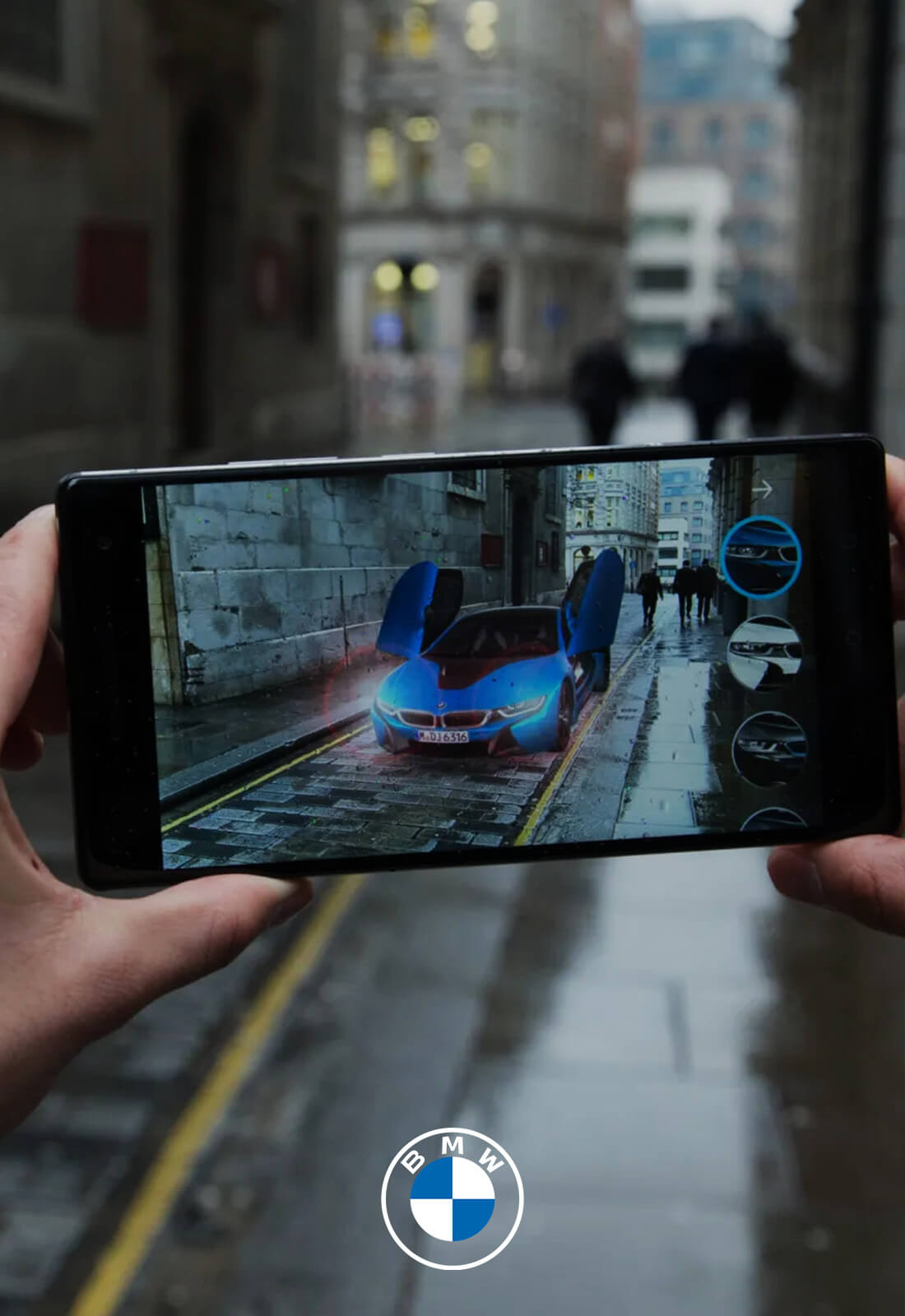
AR & Metaverse Are The Future Of Luxury
- Read time 3min
- published 2021.08.21 updated 2023.11.08
-
what
- Blog
- Immersive
New technology is reshaping the marketing strategy for luxury brands
Elevating your digital presence
The number of people using mobile devices is rapidly increasing globally. Luxury brands must start thinking of ways to elevate their digital presence and to stand out from the crowd.
Buyers of luxury items love discovering their expensive purchases-to-be in person. So how can luxury brands transfer this familiar experience into the digital world? Enters the Augmented Reality (AR) experience.
We are starting to see how some luxury brands adapt their strategy to boost their online presence by providing AR options via mobile applications like Google, Snapchat, etc. These mobile solutions are also evolving to offer luxury brands and their followers more features. So far, we have seen brands like Prada and online luxury retailer Farfetch to use these features to their full effect.More brands are following the suit.
In 2020, Farfetch launched a partnership with Gucci to develop a new kind of store, properly tagged “Store of the Future” where online fashion experience is mixed with in-store retail practices. Louis Vuitton and Dior are among the most active brands which apply AR effects to their portfolios on Instagram. At the beginning of 2020, Dior started releasing new effects of Augmented Reality on each of their new collections.
Fashion segment is not the only one utilizing AR in the luxury industry. BMW offers its clients to interact with products in an innovative way, through Google Augmented Reality technology called Tango. It allows BMW clients to configure the BMW i8 or i3 they want to buy in real-size visualization.
Another important factor for brands to consider when it comes to incorporating AR into their communicating strategies: Millennials and Gen Z are driving 85% of the global growth of luxury sales. Their preferences differ from older clientele, therefore the luxury industry has to diversify the way it addresses various audiences. Incorporating AR tech will attract newer generations of shoppers who spend most of their time using mobile apps.
Luxury brands are starting to actively look into all tech and digital developments, like NFTs and the metaverse, as the new ways to engage with diverse audiences.
For example, a consumer visiting a virtual mall can get the Gucci sneakers for their avatar to put on. The Gucci sneaker is actually an NFT that becomes a unique possession of a consumer.
Virtual world expert Vlad Panchenko expects the evolving Metaverse to grow into an omniverse that has several cross-chain capabilities, and it will include extended reality (XR) combined with AR and VR, blockchain with NFTs, ubiquitous networking, and AI. Panchenko believes brands have no choice but to evolve alongside this new reality. We have already seen collaboration between Gucci and Roblox where the brand introduces premium items to the Roblox users.
Luxury brands can take advantage of the tools available at Exclusible to leverage their communicative strategies when planning to enter immersive experience and gaming platforms.